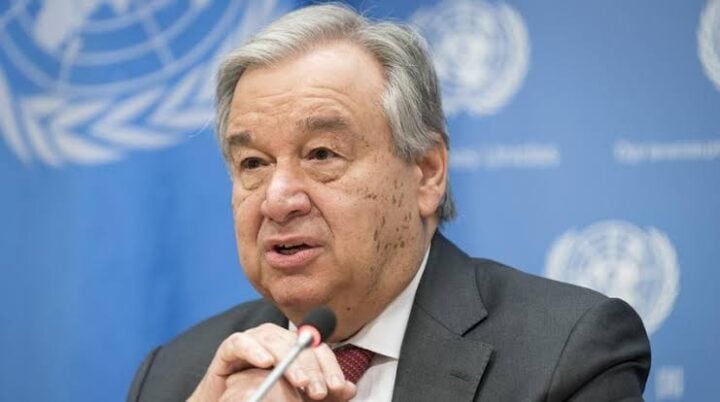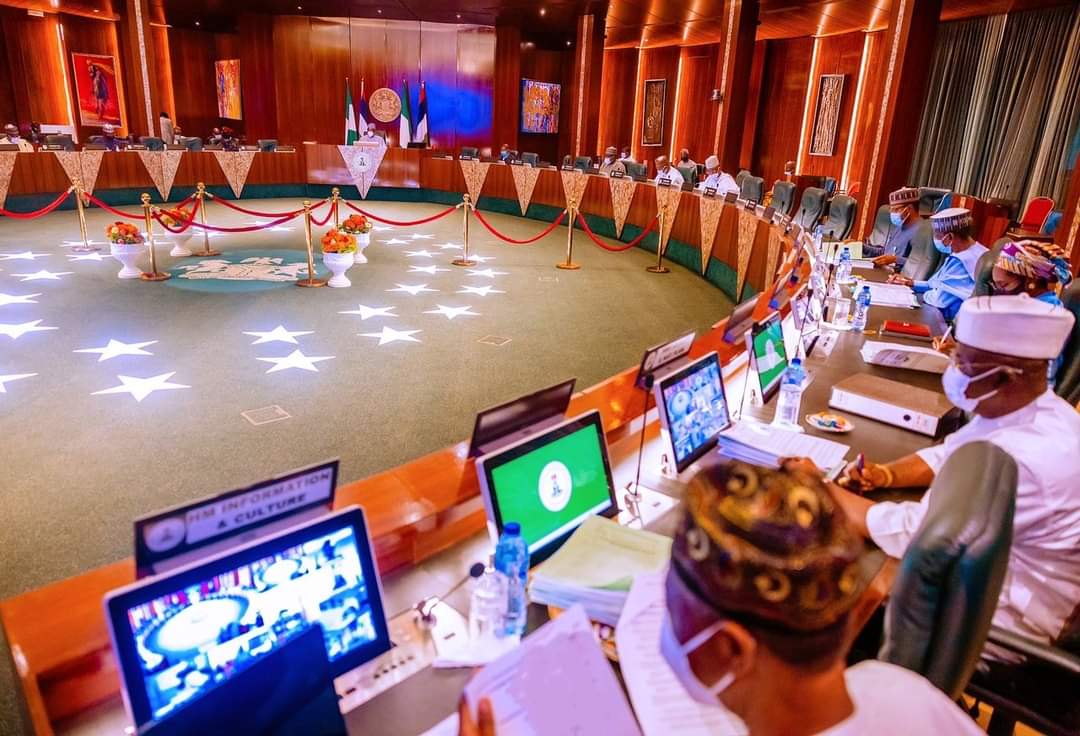Antonio Guterres
Antonio Guterres, United Nations (UN) secretary-general, says the dependence on fossil fuel is resulting in “new scale of disasters”.
Guterres said this on Wednesday, while reacting to ‘United in Science’ – a new report by the World Meteorological Organisation (WMO) which shows that the world is not on track to tackle climate change.
According to the report, countries would need to pledge seven times more on emission reduction than they are already doing, to achieve 1.5 degrees.
In a video message, Guterres said “floods, droughts, heatwaves, extreme storms and wildfires are going from bad to worse, breaking records with alarming frequency”.
Advertisement
“Heatwaves in Europe, colossal floods in Pakistan, prolonged and severe droughts in China, the Horn of Africa and the United States — there is nothing natural about the new scale of these disasters. They are the price of humanity’s fossil fuel addiction,” he said.
“This year’s United in Science report shows climate impacts heading into uncharted territory of destruction. Yet, each year, we double-down on this fossil fuel addiction, even as the symptoms get rapidly worse.”
The report found that greenhouse gas concentrations continue to rise, and that fossil fuel emission rates are now above pre-pandemic levels after a temporary drop due to lockdowns.
Advertisement
It went on to state that the past seven years were the warmest on record and so, there is a 48 percent chance that during at least one year in the next five years, the annual mean temperature will temporarily be 1.5°C higher than the 1850-1900 average.
According to the report, as global warming increases, “tipping points” in the climate system cannot be ruled out.
Petteri Taalas, WMO secretary-general, said countries need to scale up actions and early warning systems to build resilience in vulnerable communities.
“Climate science is increasingly able to show that many of the extreme weather events that we are experiencing have become more likely and more intense due to human-induced climate change,” Taalas said.
Advertisement
“We have seen this repeatedly this year, with tragic effects. It’s more important than ever that we scale up action on early warning systems to build resilience to current and future climate risks in vulnerable communities. That is why WMO is spearheading a drive to ensure early warnings for all in the next five years.”
Add a comment






